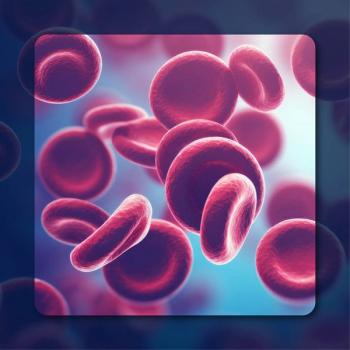
Ruxolitinib plus standard GVHD prophylaxis reduced GVHD in patients with myelofibrosis undergoing transplant.

Your AI-Trained Oncology Knowledge Connection!


Ruxolitinib plus standard GVHD prophylaxis reduced GVHD in patients with myelofibrosis undergoing transplant.

Consistent DFS benefit was observed with adjuvant nivolumab vs placebo in all patients with muscle-invasive bladder cancer enrolled in CheckMate-274.

Enfortumab vedotin significantly improved outcomes for patients with unresectable or metastatic urothelial carcinoma, according to real-world data.

Favorable responses were demonstrated with the treatment of axatilimab plus ruxolitinib/belumosudil in heavily pretreated patients with chronic GVHD.
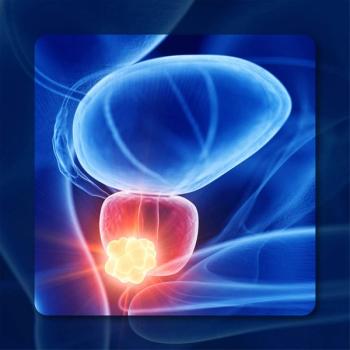
Responses were similar among patients with estrogen patches and ARPIs compared to aLHRH and ARPIs in metastatic prostate cancer.
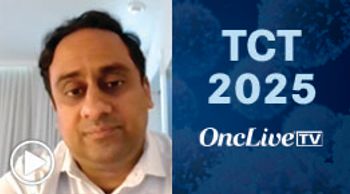
Nirav Shah, MD, MSHP, discusses evaluating zamtocabtagene autoleucel in patients with relapsed/refractory diffuse large B-cell lymphoma
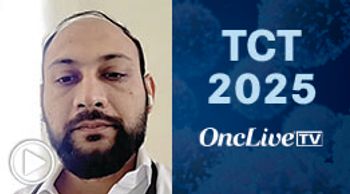
Dr Dholaria discusses the phase 1 trial of P-BCMA-ALLO1, highlighting high response rates, rapid CAR T-cell expansion, and a favorable safety profile in RRMM.
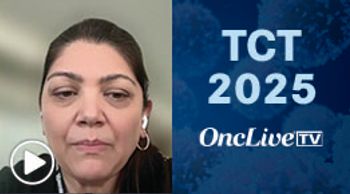
Sairah Ahmed, MD, discusses evaluating NKTR-255 in combination with CD19-directed CAR T-cell therapy in patients with relapsed/refractory large B-cell lymphoma.

P-BCMA-ALLO1 displayed early efficacy and safety data in relapsed/refractory multiple myeloma.

Zamto-cel produced responses and was associated with low rates of CD19 and/or CD20 antigen loss in relapsed/refractory diffuse large B-cell lymphoma.

First-line therapy with olaparib plus abiraterone demonstrated clinical benefit in rPFS and OS in mCRPC harboring germline and somatic BRCA mutations.
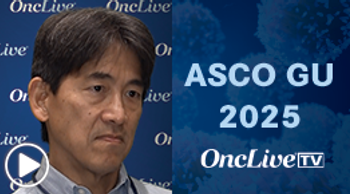
Barry W. Goy, MD, discusses 15-year survival outcomes with neoadjuvant androgen deprivation therapy plus EBRT in intermediate-risk prostate cancer.
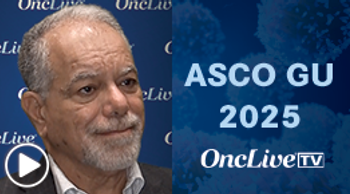
Fred Saad, CQ, MD, FRCS, FCAHS, discusses the efficacy and safety of darolutamide plus ADT in mHSPC according to disease volume.

The addition of darolutamide to ADT improved rPFS and other efficacy end points vs placebo plus ADT in mHSPC.
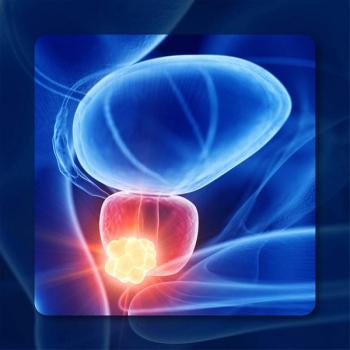
Treatment of EBRT with or without STAD for 6 months demonstrated an improvement in prostate cancer-specific survival in intermediate-risk prostate cancer.

A low composite gene expression score was associated with improved outcomes in patients with mCRPC who received bavdegalutamide.

G-CSF use and docetaxel dose modifications allowed patients with mHSPC to receive efficacious doses of docetaxel in the ARASENS trial.

Adding Lu-PSMA-617 to enzalutamide significantly improved overall survival and quality of life in metastatic castration-resistant prostate cancer.
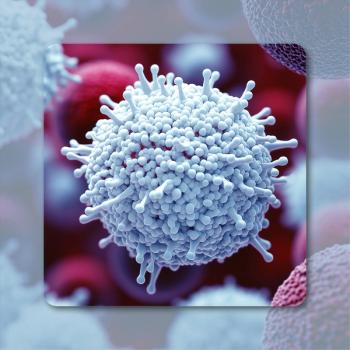
Anakinra did not reduce cytokine release syndrome or immune effector cell–associated neurotoxicity in patients with large B-cell lymphoma receiving liso-cel.
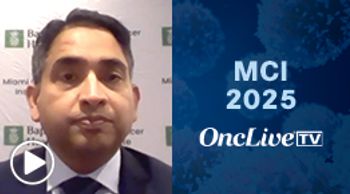
Manmeet Singh Ahluwalia, MD, MBA, FASCO, discusses oncology advances that were highlighted at the Miami Cancer Institute Precision Oncology Symposium.
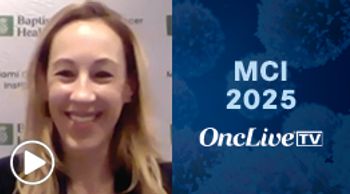
Kelly E. McCann, MD, PhD, discusses current and evolving treatment strategies for patients with HER2-positive breast cancer who develop brain metastases.

NKTR-255 combined with CD19-directed CAR T-cell therapy improved 6-month CR rates vs placebo in patients with relapsed/refractory large B-cell lymphoma.

A high-risk CAR-HEMATOTOX score was associated with worse outcomes with obe-cel in relapsed/refractory B-ALL.

Experts highlight the top presentations to watch for at the 2025 Genitourinary Cancers Symposium.
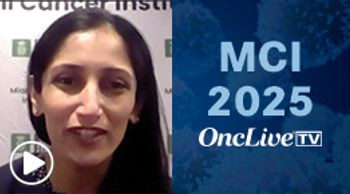
Neeta Somaiah, MD, discusses ongoing research with novel agents that have emerged and those that could soon emerge in the sarcoma treatment paradigm.
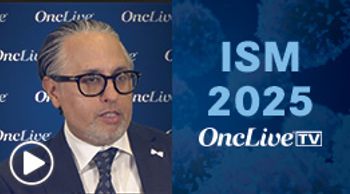
Omid Hamid, MD, provides insight on the potential role of cancer vaccines in melanoma.
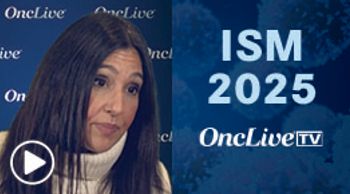
Marlana M. Orloff, MD, discusses optimal therapeutic approaches for patients with uveal melanoma that is rapidly progressing.
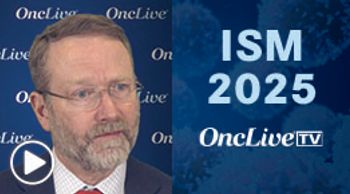
Mark Faries, MD, discusses how CAR T-cell and TCR cell therapies compare with TIL approaches in melanoma.

The variety of nonclassical EGFR mutations in NSCLC necessitates the development of unique treatment strategies based on individual mutational profiles.

KEAP1 and STK11 have emerged as potential biomarkers of response to immuno-oncology combinations in frontline NSCLC.